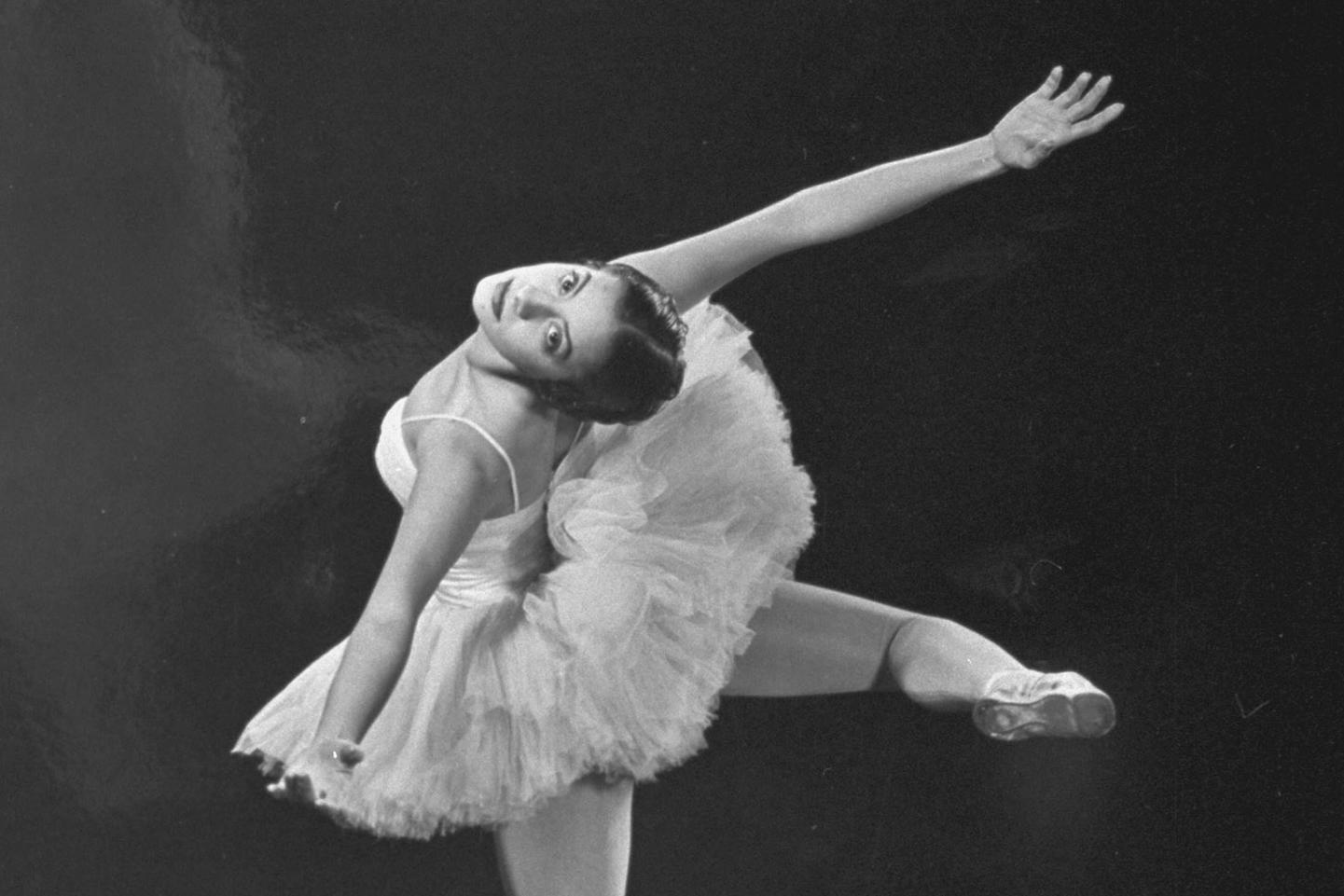She is one of the founders of the Cuban National Ballet: Who is Alicia Alonso?
She made her professional debut in Broadway musicals. She joined the American Ballet Caravan in 1939 and the Ballet Theater in 1941.

Cuban ballerina and ballet director. Her real name is Alicia Ernestina de la Caridad dei Cobre Martinez Hoyo. She was born in Havana and did her first ballet training here. Later, she went to New York and continued her education at the Vilzak-Schollar Ballet School, Fedorova's studio, and the American Ballet School. She took lessons from Volkova for a while. He made his professional debut in Broadway musicals. He joined the American Ballet Caravan in 1939 and the Ballet Theater in 1941. She worked with the Havana Pro-Arte Music Society for a while. However, she took a break from dancing because of an illness that would affect her eyes for the rest of her life. She returned to the Ballet Theater in 1943.
Alicia Alonso (21 December 1920 – 17 October 2019) was a Cuban prima ballerina assoluta and choreographer whose company became the Ballet Nacional de Cuba in 1955. She is best known for her portrayals of Giselle and the ballet version of Carmen.
In 1948, she founded the Alicia Alonso ballet troupe, which led to the creation of a "school" bearing her name in Havana. She has also guest-starred in many other ensembles, such as the American Ballet Theater and the Balanchine Festival Ballet. Together with his brother, A. Martinez, and his then-wife, ballet director Fernando Alonso, they founded the Cuban National Ballet, affiliated with the National Ballet School. They toured all over the world with this ensemble.
Alicia Alonso has received many national and international awards, including the Carlos Mendez de Cespedes Medal (1947), the Dance Magazine Award (1958), the City of Paris Medal, and the Pavlova Award (1966). He took part as a jury member in many international organizations, including Varna and Moscow Ballet competitions.
Alicia Alonso is representative of the classical style. While she is the star of classical ballets such as Giselle, Swan Lake, and Sylphyde, she has also been successful in leading roles in contemporary repertoire such as Billy the Kid, Gala Performance, and Lilac Garden. Tudor's Undertow (1945), Alberto Alanso's Romeo Juliet (1946), Balanchine's Theme and Variations (1947), de Mille's Fail River Legend (1948), and Marguerite Gautier's Ballet Nous nous Verrons Hier Soîr' (1971) reinterpreted the leading female roles she danced. Her most famous role is her interpretation of Carmen in the Carmen Suite.
The Symphonic Essays arranged on a Haydn theme by Alicia Alonso, who also has choreographed works, and the Lydia Ballets performed in 1951 on the original music of Nugue are among the most successful examples of this field.
